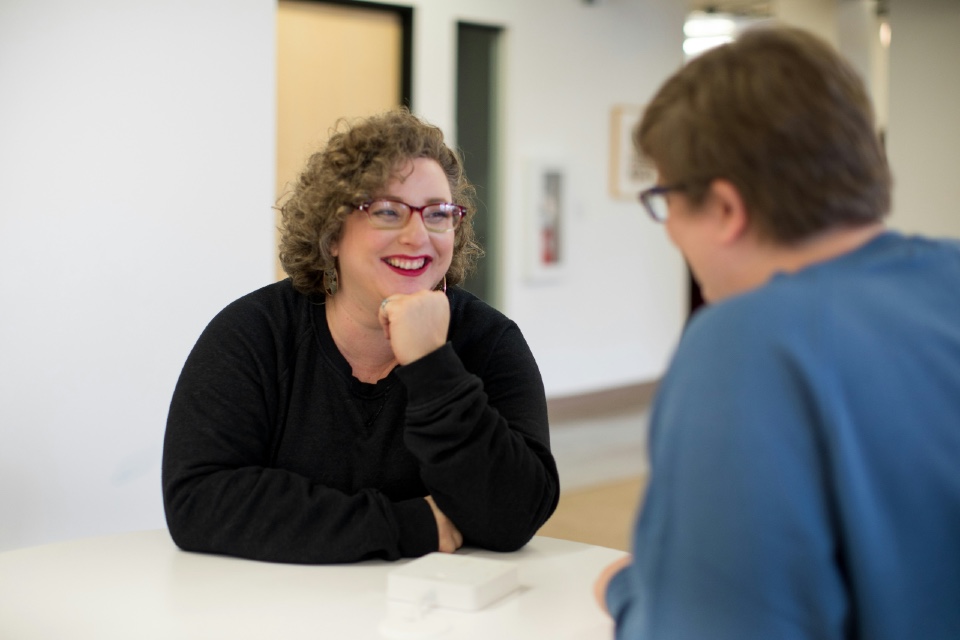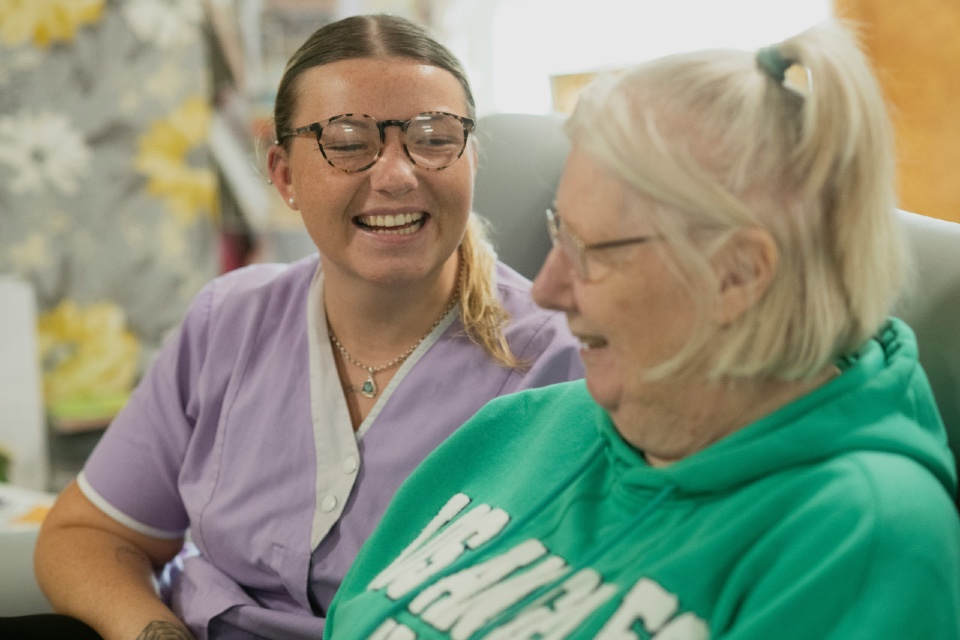By Ruth Mabika, Operations Director & Co-founder, S&P Care Services
The adult social care workforce in the UK is facing an unprecedented crisis. Years of underfunding, increased care complexity, and burnout among staff have resulted in a large number of job vacancies and a high turnover rate, which are spreading providers thin.
Brexit and more recent plans for immigration policy changes are reducing access to a workforce from overseas. Yet, widespread perceptions in the UK are of care being low-skilled, low-paid, and emotionally taxing. It can leave care providers feeling helpless when it comes to meeting today’s recruitment demands. However, without a stable and sustainable workforce, social care simply cannot function; there are things we can still be doing to help turn the tide.
One urgent opportunity is how we attract, retain and inspire the next generation of care professionals from here in the UK. Many young people at the moment don’t perceive care as a first-choice career. There’s also very little exposure to care being a purposeful, skilled profession during school or college, so young people may assume there’s no real progression or personal growth in the field. It’s rare to see any showcases of positive or aspirational stories from the social care sector in the media. And thus, a career in care is often overlooked in favour of other sectors, such as retail or hospitality.
To shift this perception, we need to change the narrative to one that celebrates the real stories of care professionals thriving, making a difference, and building meaningful careers. Let’s bring these stories into schools and youth programmes with talks, placements, and ambassador schemes. Use social media and digital platforms to show the diversity and value of care roles. And continue to advocate for better pay and recognition to match the skill, responsibility, and impact of the work that carers do every day.
It’s also vital we make career pathways more visible and structured. There are clear progression routes in care, underpinned by qualifications – from frontline roles into training, management, policymaking, and even entrepreneurship. Care work builds core transferable skills like communication, leadership, problem-solving, and crisis response. And it offers daily contact with professionals across health and social care, such as social workers, nurses, GPs, pharmacists, paramedics and other specialists in the field.
For young people or those unsure about which path to take in health and social care, this real-world interaction helps individuals better understand the various professions, assess their interests, and make more informed decisions about their future career paths. Care is a launchpad for careers across the health and social care ecosystem, and this is a strength we need to better communicate.
We can achieve this by investing in structured induction and training, promoting continuous professional development in care, and developing internal mentoring schemes and talent spotting programmes. We can introduce flexible working and wellbeing support to improve retention, and partner with local colleges and job centres to create pipelines through apprenticeships and internships.
In doing so, my hope is that we can encourage greater collaboration between providers, the education sector, and local authorities to bring about the long-term funding and strategic focus that social care deserves. A fully funded national care workforce strategy with long-term commitments is urgently needed, along with ring-fenced funding for workforce development, and even financial incentives for care workers, such as training bursaries and tax breaks. When social care succeeds, the NHS does too. So, we need both to be treated with equal value for the care workforce to grow.
My vision is of a care workforce that is recognised for its skill and diversity. A proud workforce that young people aspire to join because it makes a genuine positive impact on people’s lives, and because they see a viable and rewarding long-term career path. I believe that vision is possible, but it will take greater collaboration with the education sector and local authorities – something that we as care providers will need to drive.
Photo by AllGo – An App For Plus Size People on Unsplash







